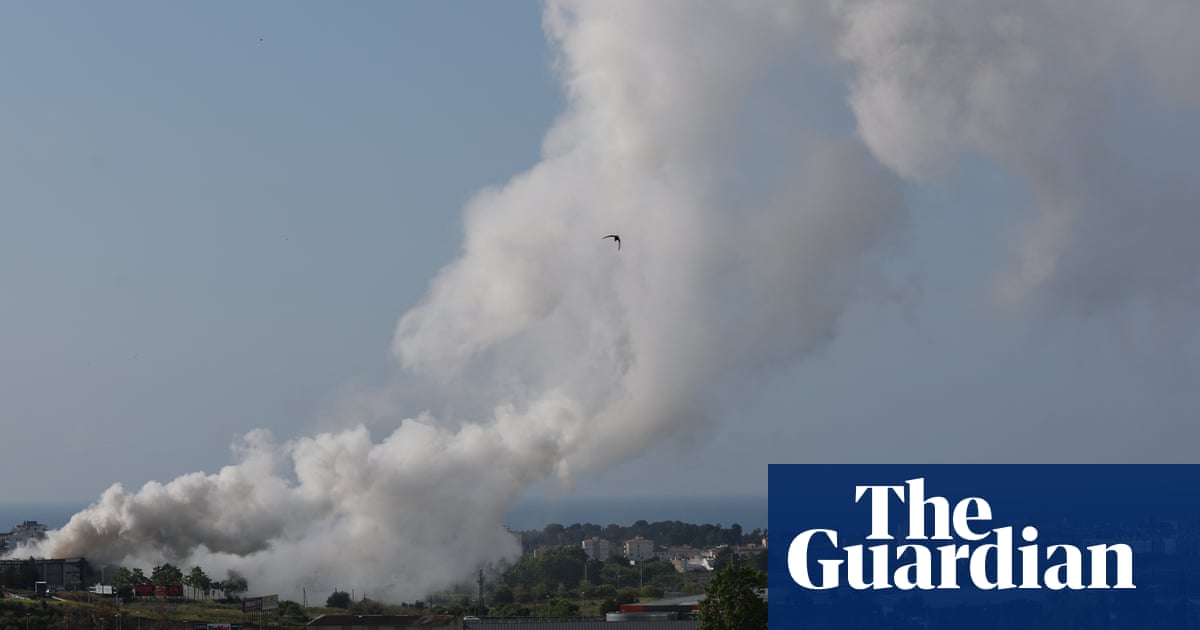The incident reported near Barcelona raises significant public safety concerns and highlights the potential hazards associated with industrial accidents. The release of a toxic chlorine cloud following a fire at a warehouse storing pool cleaning products has compelled authorities to take immediate action, restricting movement for over 160,000 residents in the area.
Community Impact and Perception
The authorities' directive for residents to remain indoors aims to protect public health and safety. However, it may also induce panic and anxiety among the populace about the dangers of industrial facilities and the effectiveness of emergency response systems. The communication strategy utilized by the Civil Protection Service emphasizes caution and preparedness, which is crucial in maintaining public trust during emergencies.
Possibility of Concealment or Manipulation
While the news focuses on the immediate dangers posed by the chlorine cloud, it does not delve into broader systemic issues related to industrial safety regulations or the management of hazardous materials. This omission might reflect a desire to avoid potential scrutiny of industrial practices or regulations that could be perceived as inadequate. The owner's comment regarding the fire's potential cause—a lithium battery—could also lead to questions about safety protocols for such materials, which remain unexplored in the report.
Reliability of Information
The information presented appears to be reliable as it includes statements from local authorities and the fire service, who are directly involved in managing the incident. The absence of reported casualties further supports the credibility of the report. However, the narrative could benefit from additional context regarding historical incidents and long-term safety measures to provide a more comprehensive view.
Public Response and Economic Implications
The public's response to such incidents often fosters distrust in local industries and can spur calls for stricter regulations. Economically, the impact may extend to industries related to chemical production and safety, potentially affecting stock prices and investor confidence. Companies in the chemical sector, particularly those associated with chlorine or pool cleaning products, might experience fluctuations in their market performance due to heightened public scrutiny.
Broader Geopolitical Context
While this incident is primarily localized, it underscores global concerns about industrial safety and environmental regulations, which are increasingly relevant in today's discourse on sustainability and public health. The incident may resonate with communities facing similar industrial risks worldwide, emphasizing the need for stringent regulations and safety protocols.
Artificial Intelligence Considerations
There is no clear indication that artificial intelligence influenced the writing of this article. However, AI could be employed in monitoring and analyzing the situation, such as tracking the dispersion of toxic gases or providing real-time updates to emergency services and the public. The lack of speculative or sensationalized language suggests a straightforward reporting style rather than one influenced by AI-driven narrative shaping.
In summary, while the reporting on the chlorine cloud incident is largely factual and reliable, it raises questions regarding industrial safety and community preparedness. The potential economic and social ramifications may lead to calls for increased regulatory measures in the chemical industry.
